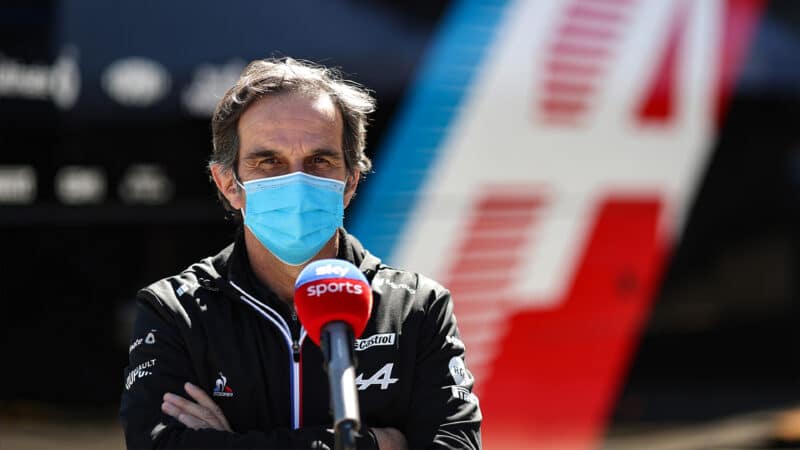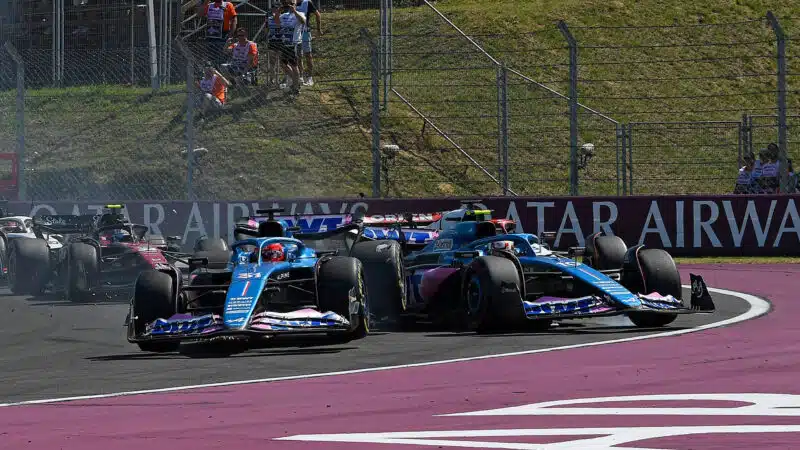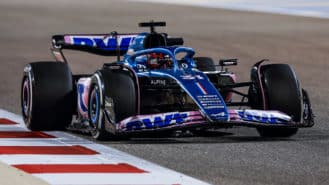Ricciardo should have been the final piece of the puzzle heading into 2019, with Renault now in possession of a good car and the right driver to wrestle it to the front of the grid. But what followed was a season very similar to the one Alpine endured in 2023: battling for scraps while occasionally making a surprise visit to the podium due to herculean efforts by its drivers.
Ultimately, the team finished a respectable fifth in the constructors’ standings, followed by the same result in 2020, before losing Ricciardo at the end of the season to McLaren – effectively lighting the fuse for the first Renault reset.
Following Ricciardo’s exit, Abiteboul was removed from his team principal position ahead of the Alpine rebrand in January 2021. The team since then has essentially run much like an F1 car itself: if it’s not helping, get rid of it.
Alpine sported a ‘no team boss structure’ for 2021 – former Suzuki MotoGP boss Davide Brivio was brought in as a racing director, executive director Marcin Budkowski oversaw technical matters and Rossi came in as CEO. Fernando Alonso made an F1 comeback to replace Ricciardo.
The team finished a distant fifth that season, prompting yet more managerial movement in January 2022. Budkowski was ejected, as well as non-executive director Alain Prost.
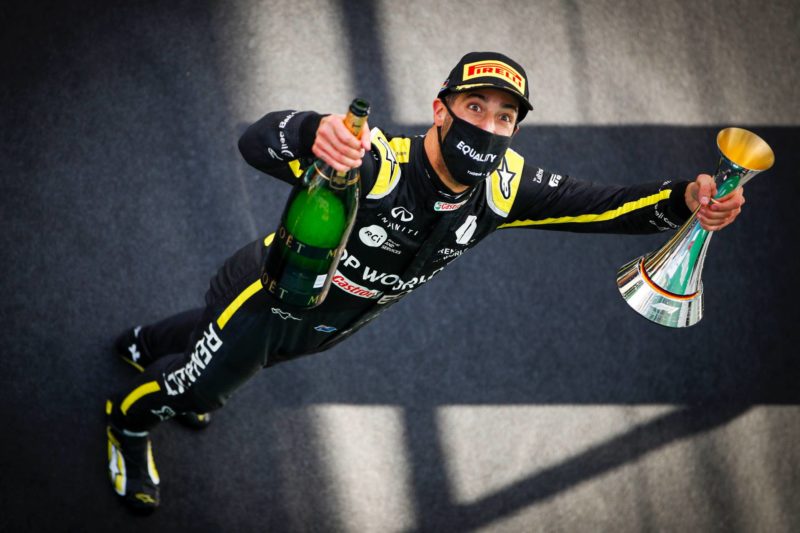
Ricciardo’s Renault stint was limited to two seasons
Alpine then decided it need to return to a classic team boss leadership structure, and so turned to the experienced Otmar Szafnauer — the former Force India/Racing Point boss.
Alongside the addition of Szafnauer, these changes did inspire some performance. It scored points in every race but one heading into the ’22 summer break – and then chaos ensued.
In one quick swoop, Alpine lost its present and its future – Alonso, who had been angling for a longer contract than the one-year deal offered at Enstone, announced he was departing for Aston Martin in 2023.
Its star junior Oscar Piastri, whom the team had announced would replace Alonso, then refuted Alpine’s claim he was stepping into its race team – eventually moving to McLaren.
Following the disaster of letting not one but two star talents slip through its fingers, the case for Rossi and Szafneaur’s departure probably could have been made there and then, but finishing fourth in the constructors’ standings in 2022 seemed to be enough to save them — at least until a slow start to ’23.
Rossi was quickly moved aside, and three senior race team members left at Spa.
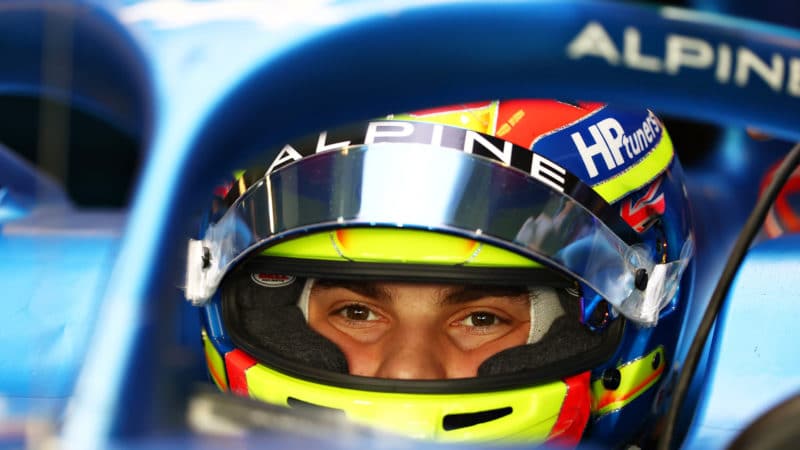
Preparing Piastri for an F1 seat — including this 2021 test — cost $5m, claimed Alpine
Clive Rose/Getty Images
So what’s next for Alpine? Phillipe Krief has taken over from Rossi as CEO and rather quickly cleaned house: Szafneur and Permane departed by ‘mutual consent’ while chief technical officer Pat Fry went to Williams.
After becoming the interim team boss shortly after Szafneur’s exit, it has been confirmed that Bruno Famin will remain in the role for 2024. Even while lacking in experience, Alpine’s 2024 target will undoubtedly be the same: fourth place or higher.
If the team succeeds, drivers will prosper and Famin will become an F1 hero in France. But if it fails, Alpine will likely do what it does best. Throw it all out and start again.
